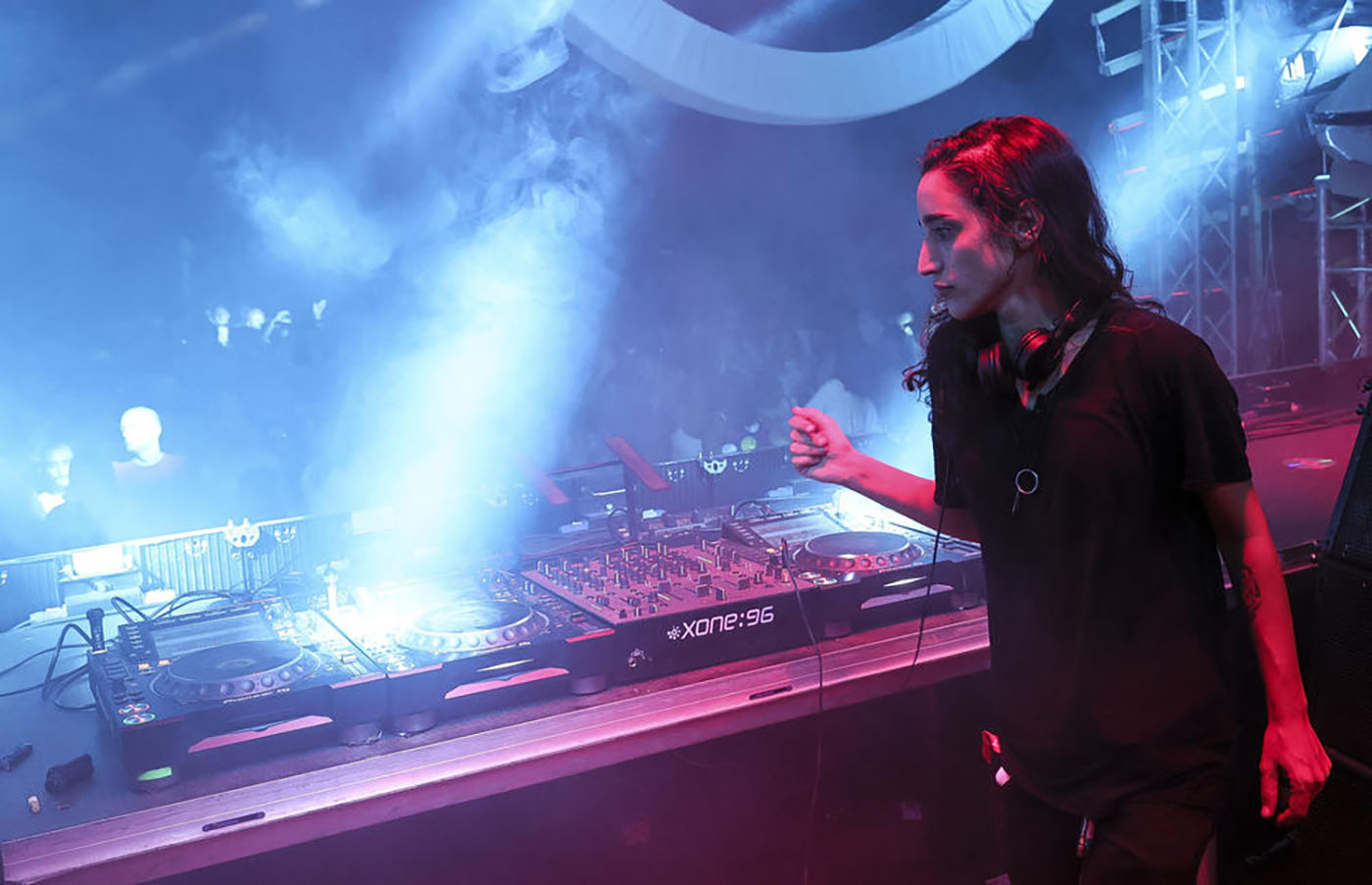
Melissa Chemam
In the aftermath of the start of a horrible war, and as this situation has deeply disrupted people’s life, work, thoughts and wellbeing, this column, originally planned to be dedicated to Beirut, shifted to Odesa. The city in Southern Ukraine is part of the greater Middle East, as one of its interesting liminal points, because of its complex past: Greek roots and long Ottoman history, before the Russian recreated it in the 19th century. Odesa today is one of the largest cities in Ukraine and a key part in the resistance against Putin’s troops. It is also one of the cities associated with Klezmer music, having played a large role in its development.
A wonderful graphic novel for instance retells this history, Klezmer, written by the multi-talented Joann Sfar. Many actually read it while listening to music from Odesa…
And Sfar has since February 24 been posting illuminating drawing on the situation in Odesa and Ukraine in general, notably on Instagram.
As the war continues, the military crisis has induced a refugee crisis, and more than two million Ukrainians have since been on the run. Before them, in the past decade, so many refugees similarly found themselves willy-nilly on roads leading to Western Europe — some from Somalia, many from Sudan and South Sudan, more from Eritrea, Syria, Iraq, Palestine, Turkey and West Africa. Unlike our European neighbors, they weren’t quite welcomed with open arms, unfortunately… And meanwhile in Ukraine, some African students have been stranded, in Kyiv and Lviv, while others were refused entry at the Polish frontier and other borders, putting them at risk in a war ravaging a country that is not even their home.
Now, Beirut seemed as relevant as Odesa for this column. The Lebanese capital has recently been through so much horror and still hosts many refugees from neighboring countries. No crisis should take precedence over others, even though western media constantly cherry-pick what they choose to headline.
And this month, while the events were unfolding in Ukraine, the situation in Lebanon kept bringing deep worries. So, Sama’ Abdulhadi, the brilliant Palestinian DJ mentioned in the first episode of this music column, planned a series of events in support of the citizens of the city, with Jad Taleb, Sam Karam & Tryangleman and Resident Advisor, called “Bring Back Beirut.” Two musical fundraisers were scheduled, in Paris and in London. First at Le Sacré, rue Montmartre, Paris 2e, on March 10; then at Phonox, in Brixton on March 12, 2022.
Sama’ Abdulhadi has been raising money for Lebanon for months now. This series of events she’s curated will travel to Berlin and beyond, if the pandemic still allows. The money will go to Nusaned, a humanitarian, community-based volunteer organization, based in the Lebanese capital, donating 100 percent of the booking fee. The series is scheduled to culminate in a free, large-scale event in Beirut itself in late 2022.
No need to stress how important music has been for people in need throughout these past couple of decades of horrible humanitarian crises. Musicians have often been the first to start fundraising, though some of the first to be stricken by the pandemic as well. Sama’ is no exception to this fabulous rule.
“Lebanon is currently in the grip of one of the worst economic crises in the world,” she wrote in her presentation of the events. “Electricity, water, food and medicine are scarce; there has also been a monetary crisis aggravated by hyperinflation for commodities. Beirut is widely regarded as the most important club scene in the MENA region, and despite the crisis caused by the 2020 port explosion, arts and culture are alive and fighting.”
Fighting is the key word here. Fighting back, resisting and taking action, instead of feeling desperate. In the words of the Russian punk singer, Pussy Riot’s leader and anti-Putin activist Nadya Tolokonnikova, speaking to the Guardian, “at a time like this, only activism will keep you sane.”
In the same way, one of Ukraine’s most famous musicians, Svyatoslav Vakarchuk, leader of the group Okean Elzy, also a former politician and now an activist against the war, has been visiting the frontlines to see troops and hospitals. Vakarchuk is very active on social media to bring aid to his people.
Sama’ Abdulhadi, whose career exploded via a Boiler Room live broadcast on the streets of Ramallah in 2018, “chose the charity Nusaned to be the recipient of the funds because it is a community-based, humanitarian, voluntary organization, and is not aligned with political factions or religions. It is based in Beirut and close to its people.
“I am launching the ‘Bring Back Beirut’ initiative to help Lebanon get back on its feet,” Sama’ wrote. “Beirut needs us! The region is still destroyed in the aftermath of the 2020 explosion. Beirut is my second home; it’s the place where I found myself in music and where I found my freedom. It’s the least I can do to help bring the situation to light.”
Like Sama’, millions of Palestinians and other refugees have called Beirut a second home, and it’s currently left behind. It’s not in the headlines anymore, let alone on constant rotation on mainstream television channels.
Similarly, in so many conflict and post-conflict zones — in Kenya, in Liberia, in Iraqi Kurdistan, in Central African Republic, in Afghanistan, in Yemen, in Syria, too many refugees and wars are now being abandoned by the media. What a relief it is that these musicians haven’t forgotten them… In the same way, let’s hope Svyatoslav Vakarchuk and the Ukrainian refugees won’t one day be forgotten.



